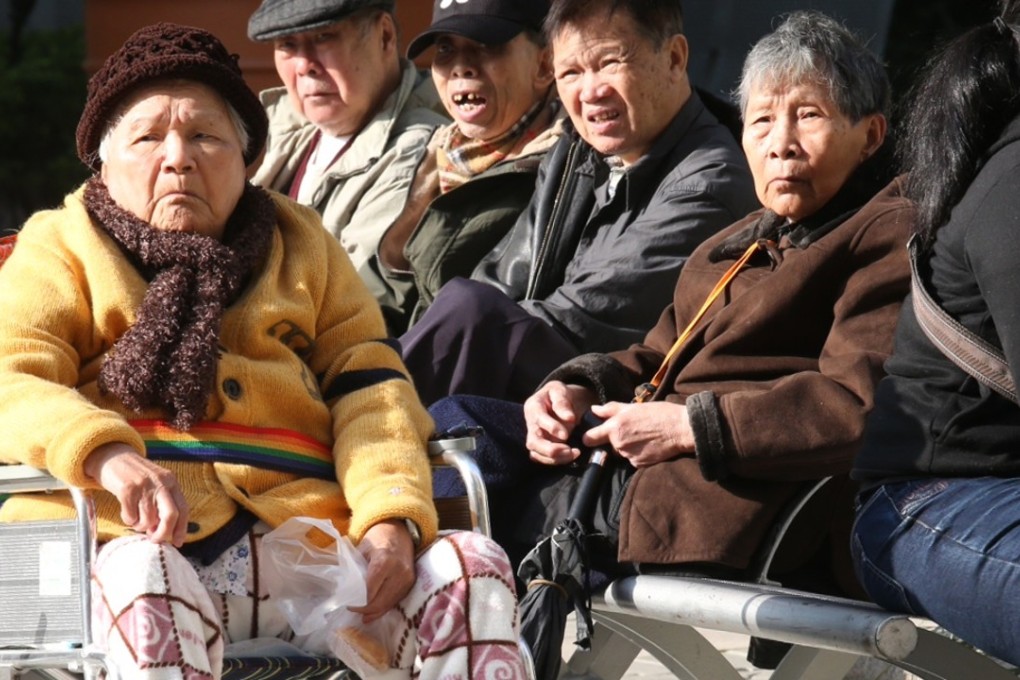
Society failing elderly living in poverty
As an international financial centre, Hong Kong prides itself on providing a fair and just business environment. But it is drastically unequal in its distribution of resources and incomes.
It is most unfair that many in society thrive amid the city’s economic growth while unfortunate residents living in poverty are left behind and not allowed to share even some of these economic benefits.
It just does not make any sense at all. Elderly persons with hardly any income are the worst sufferers of this imbalance.
In December, lawmaker Michael Tien Puk-sun, who is a member of the Commission on Poverty, proposed to raise the Old Age Living Allowance from HK$2,495 a month to HK$3,800.
But even this amount is not sufficient to live comfortably in a costly city like Hong Kong. It is a pity that no decision has been taken in this matter so far.
Now that we have a new chief executive-elect, Carrie Lam Cheung Yuet-ngor, I urge her to take action on this issue on a fast-track basis.